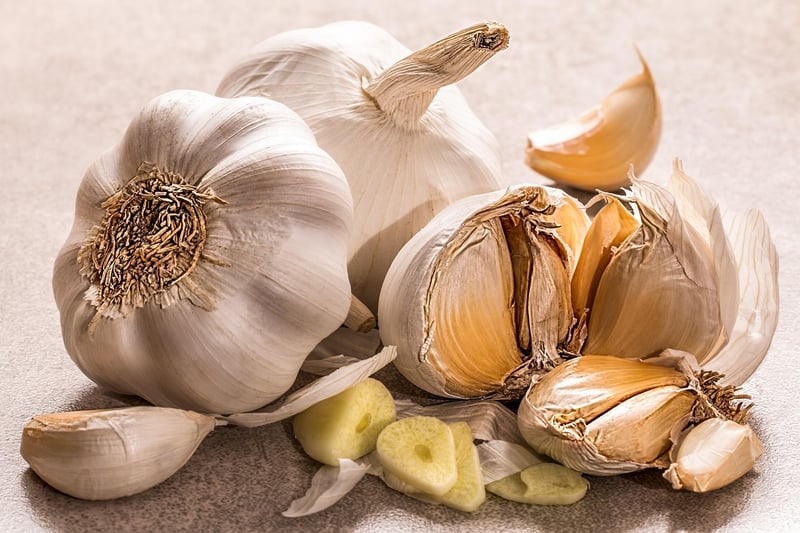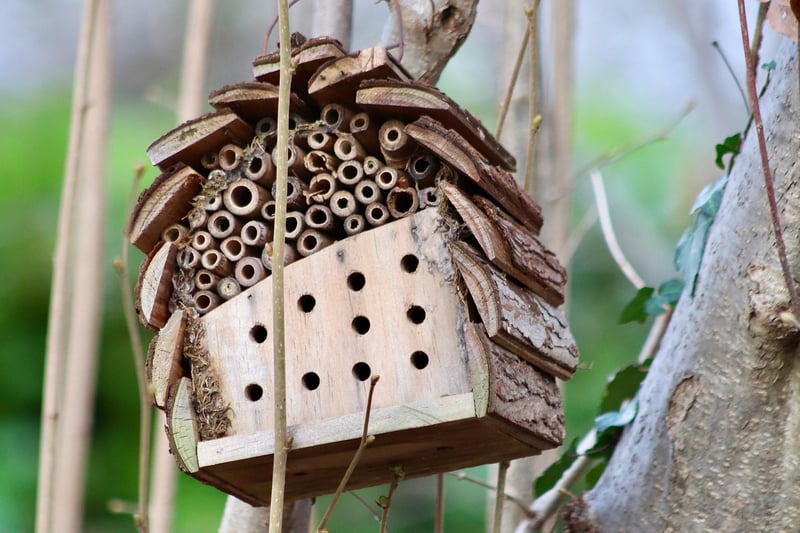Natural Repellents
Protecting Your Plants with Natural Repellents
Keeping your plants safe from pests and diseases is essential for maintaining a thriving garden. While there are many chemical pesticides available on the market, using natural repellents is a safer and eco-friendly alternative to protect your plants. In this article, we will explore some effective natural repellents to safeguard your garden.
1. Neem Oil

Neem oil is derived from the seeds of the neem tree and is known for its insecticidal properties. It can repel a wide variety of pests such as aphids, mealybugs, and caterpillars. Neem oil also has antifungal properties, making it effective against plant diseases.
2. Garlic Spray

Garlic spray is a natural insect repellent that can deter pests like aphids, spider mites, and whiteflies. To make garlic spray, simply blend garlic cloves with water and strain the mixture. Spray it on your plants to keep pests at bay.
3. Marigolds

Marigolds are not only beautiful flowers but also effective natural repellents. They emit a strong aroma that deters pests like nematodes, aphids, and whiteflies. Planting marigolds around your garden or interspersing them among your vegetables can help protect your plants.
4. Diatomaceous Earth

Diatomaceous earth is a natural powder made from fossilized algae. It works by dehydrating insects and pests, effectively controlling them without the use of harmful chemicals. Sprinkle diatomaceous earth around the base of your plants to create a barrier against crawling insects.
5. Chili Pepper Spray

Chili pepper spray is a potent natural repellent that can deter a wide range of pests, including caterpillars, beetles, and even deer. To make chili pepper spray, blend hot peppers with water and a bit of soap. Spray it on your plants to keep pests away.
By incorporating these natural repellents into your gardening routine, you can protect your plants from pests and diseases while promoting a healthy and sustainable garden environment.
Remember to test these repellents on a small portion of your plants before widespread use to ensure they are well-tolerated.
